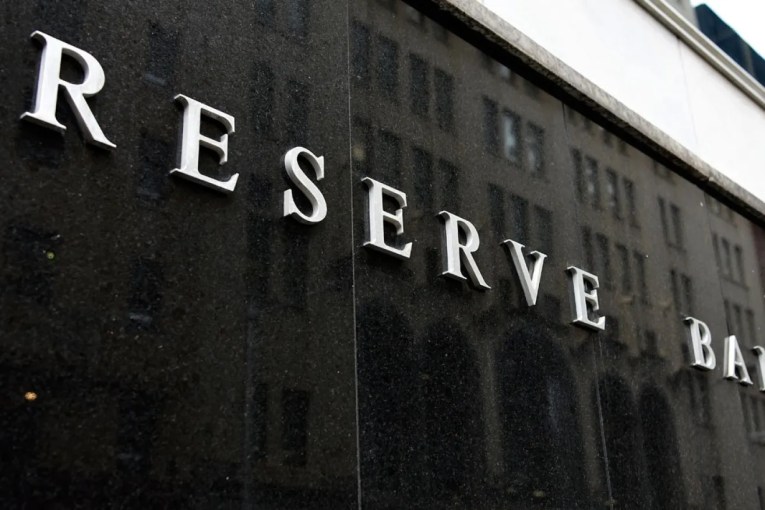Household wealth sinks by $57 billion while consumer confidence takes a dive

Australians are expected to spend less on cars and furniture as household wealth plunges amid high inflation and the rapid interest rate hikes designed to combat it.
Australian Bureau of Statistics (ABS) data published on Thursday showed household wealth dropped by $57.4 billion over the December quarter, or 0.4 per cent, as modest gains in super accounts were outstripped by falling property prices to leave Australian families poorer.
The value of Australian property fell 2.7 per cent ($260 billion) in the period, which drove 1.8 percentage points of the wealth decline, while super assets rose 3.6 per cent ($120 billion).
Economists said the data points to a slowdown in household spending in 2023, with consumer confidence tanking to multi-year lows in recent months as family balance sheets start to sour.
That’s because of what’s known as the “wealth effect” – where households become less confident as their wealth erodes and so spend less on big ticket items such as vehicles.
APAC economist Callam Pickering said that economic research suggests the 3 per cent fall in household wealth over the past year implies a 0.5 percentage point decline in spending.
“It’s just another in a long list of headwinds that will inevitably force households to tighten their belts and try to contain non-essential spending,” Mr Pickering said.
“This year promises to be very challenging for Australian households.”
Wealth plunge hits families
In one sense, the projected easing in consumer spending is good news.
It has been a key goal of the Reserve Bank, which raised interest rates at a record-breaking pace over the past year in a bid to cool the economy and make it more costly for businesses to hike their prices.
Interest rates have gone from a record low 0.1 per cent last May to a decade-high 3.6 per cent in March, adding almost $1000 to monthly repayments on a $500,000, 25-year loan.
Higher rates mean home owners reduce their spending on goods and services due to increased mortgage bills.
Mr Pickering said sales of vehicles, furniture and clothing were likely to be affected as families rein in spending. Transport, recreation and hospitality could also be affected.
“The impact on motor vehicle sales is around 2.5-times larger than for any other category. Essential items such as food, education, healthcare and rent are typically unaffected,” he said.
Drop in confidence
BIS Oxford head of macro-economic forecasting Sean Langcake said it is “difficult to disentangle” wealth effects from confidence effects across the economy, but falling confidence will lower consumption this year.
Consumer confidence fell to the lowest levels since the depths of the COVID pandemic earlier this week and is well below 30-year averages, according to the latest ANZ figures.
Signs of that fall in consumer spending were evident in December quarter GDP data and retail sales figures in early 2023, with the RBA considering a pause in its rate hikes as economic data comes in weaker than anticipated.
That foreshadows a reprieve for households, though RBA governor Philip Lowe has said that higher rates will be needed at some stage to bring inflation back to the RBA’s target levels.








